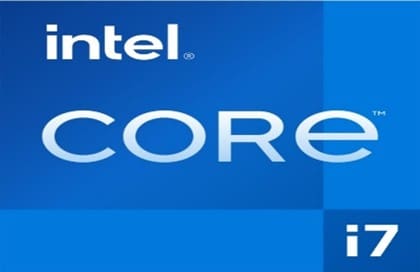OPUS is designed to predict and prevent issues in industrial facilities, such as oil and gas, power stations, mine sites, renewables, that could negatively impact operational performance. Leveraging AI, the platform proactively identifies events that may lead to unplanned downtime or production deferment, predicts the occurrence of these events before they happen, and provides detailed root cause analysis. This allows organizations to take pre-emptive action, ensuring smooth operations and minimizing the risk of performance degradation.
OPUS predicts potential issues in real-time, allowing industrial operators to detect and prevent events before they disrupt operations. By forecasting the likelihood of specific problems, the platform ensures facilities run smoothly and efficiently.
The system analyzes how upcoming events could impact key operational or corporate KPIs. This insight allows decision-makers to assess the potential consequences and implement strategies to mitigate negative outcomes, safeguarding business performance.
OPUS provides a comprehensive analysis of the root causes behind predicted issues, enabling teams to identify and address the source of problems quickly. By pinpointing the underlying factors, the system helps organizations avoid recurring disruptions and optimize long-term operational efficiency.
This AI-driven solution enhances operational reliability, reduces downtime, and ensures that industrial facilities maintain or improve their production.
To maximize performance and efficiency for VROC’s clients, OPUS has been tested and optimized using Intel Architecture, leveraging the advanced capabilities of OpenVINO Toolkits. This optimization ensures that OPUS fully utilizes the underlying hardware, resulting in faster processing times, reduced latency, and increased throughput for AI workloads.
The optimization process focused on refining AI models applied to critical components of OPUS. These enhancements allow the solution to take full advantage of Intel's powerful CPUs, making OPUS not only more efficient but also more versatile across various deployment scenarios.
OPUS has been optimized on the 12th Generation Intel® Core™ i7 Processors, formerly known as Alder Lake, which are renowned for their robust performance and reliability. The 12th Generation Intel® Core™ i7 Processors support an extensive ecosystem of tools and libraries that further streamline the development and deployment of AI solutions, making them an ideal choice for OPUS.


Comparison of 'build it inhouse' vs 'outsource' approaches to artificial intelligence
Read ArticleInterested in a demo of one of our data solution products?
DataHUB4.0 is our enterprise data historian solution, OPUS is our Auto AI platform and OASIS is our remote control solution for Smart Cities and Facilities.
Book your demo with our team today!
Complete the form below and we’ll connect you with the right VROC expert to discuss your project. Whether you’re launching a pilot, scaling AI across your enterprise, or integrating complex systems, we’ll help you turn your data into actionable insights—fast, efficiently, and with confidence.
The efficient deployment, continuous retraining of models with live data and monitoring of model accuracy falls under the categorisation called MLOps. As businesses have hundreds and even.
Learn more about DataHUB+, VROC's enterprise data historian and visualization platform. Complete the form to download the product sheet.
Learn how OASIS unifies your systems, streams real-time data, and gives you full control of your smart facility—remotely and efficiently. Complete the form to access the product sheet.
Discover how OPUS, VROC’s no-code Industrial AI platform, turns your operational data into actionable insights. Complete the form below to access the product sheet and learn how you can predict failures, optimise processes, and accelerate AI adoption across your facility.
Interested in reading the technical case studies? Complete the form and our team will be in touch with you.
Subscribe to our newsletter for quarterly VROC updates and industry news.